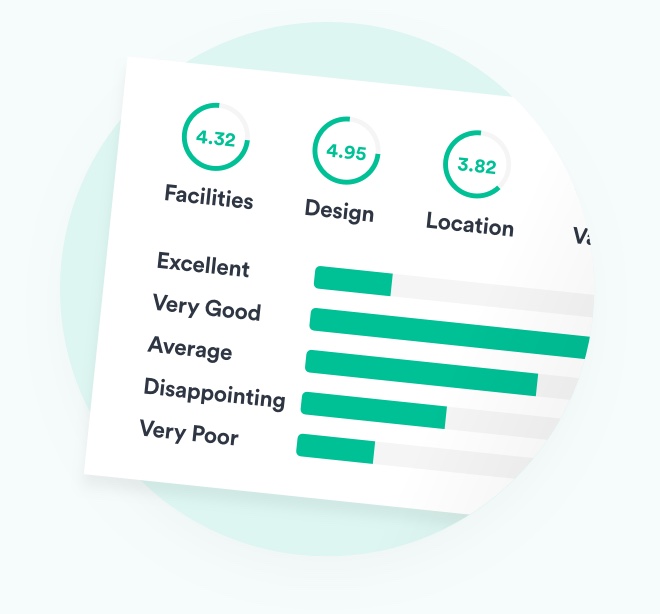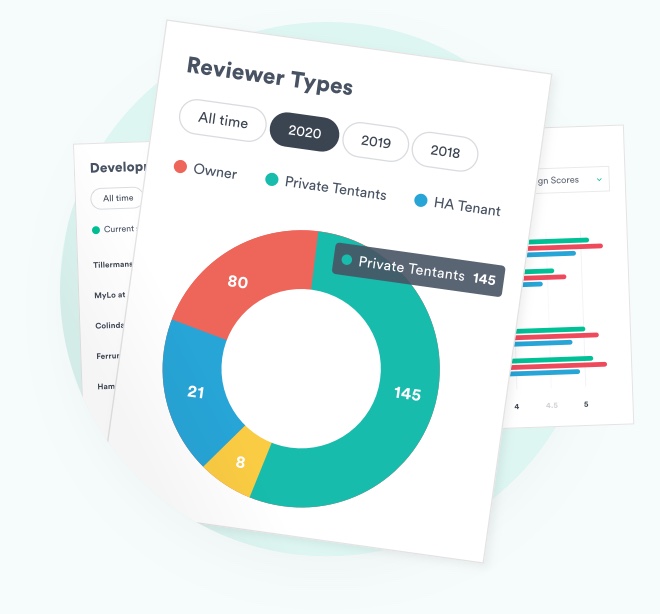If you’re about to enter into a rental agreement on a property, the landlord may ask you to provide a rent guarantor. But what is a rent guarantor, and what are the implications of having one? Or being one? Our comprehensive guide provides answers to all of your questions on the subject of rent guarantors, their legal obligations and the regulations surrounding them.
FAQs
What is a rent guarantor?
A rent guarantor is someone who agrees to pay your rent if you’re unable to. They’re usually a family member or some form of a relative. They provide assurance to the landlord that they’ll still receive their rent payments, even if you’re struggling to pay. The rent guarantor enters into a legal agreement with the landlord. This sets out their obligations to pay the rent and if necessary, any other payments owed to the landlord.
Who can be a rent guarantor?
In theory, anyone can be a rent guarantor. As long as it’s someone you trust, who has a separate bank account from you, there are few restrictions to who can be one, provided they pass the necessary checks. Typically, rent guarantors are family members such as parents. They could also be a spouse, another type of relative or a friend.
Rent guarantors are required to be over 21 years old, with a good credit record and proven financial stability. It often helps if your rent guarantor is a homeowner. The guarantor will be subject to a credit check before being approved.

Does my guarantor have to be based in the UK?
Landlords typically prefer a rent guarantor who’s based in the UK. This is because it’s easier to take legal action against a UK resident, if necessary. If you’re unable to provide a UK-based rent guarantor, your landlord may ask you to provide more rent up-front.
What happens if I can’t get a rent guarantor?
If you can pass a credit check or show proof of income, you may not need to provide a rent guarantor before renting a property. Even if you have a poor credit rating or a low income, your landlord may still rent to you if you’re able to pay some rent in advance. Some councils and charities also offer rent deposit, bond and guarantee schemes that provide cash upfront or act as a guarantor.
What are my obligations as a rent guarantor?
As a rent guarantor, you agree to pay the rent of the tenant if they’re unable to pay it. There may also be situations where you’re obligated to pay other costs and fees in addition to the rent, depending on the terms of the agreement. This can include paying for damage to the property. All the legal obligations you’re entering into as a guarantor will be defined in the wording of the guarantee.
Does being a rent guarantor affect your credit rating?
Before entering into an agreement as a guarantor, the landlord will usually request a ‘soft’ credit check on you. This type of search doesn’t impact your credit rating. If the tenant keeps up their rent payments, your credit score will remain unaffected. However, if they fail to maintain their payments to the landlord, this will be added to your credit report. If you then fail to make the necessary payments on their behalf, your credit score will be negatively impacted.
How long are you a rent guarantor for?
The length of the agreement a guarantor enters into can vary. It will, however, be defined in the wording of the guarantee. The guarantee may set a fixed period for the length of the agreement that the guarantor is entering into. Otherwise, the guarantee may apply to the length of the wider tenancy agreement.
If the guarantee does last for the length of the tenancy agreement, and the tenant breaks any of the agreements they’ve entered into with the landlord, the guarantor remains liable for a period of six years from the date the tenant breaks the terms of the tenancy. For example, if the tenant vacates the property without paying the last month’s rent, the landlord has six years from this date to pursue action against the tenant and guarantor.
Read more
How much do you need to earn to be a rent guarantor?
Typically, landlords expect a guarantor to earn a salary at least three times the annual rent of the property. The salary threshold required to become a guarantor is usually much higher than that required to be a tenant. This is because guarantors have their own financial obligations on top of their role as a guarantor.
Can a family member be a rent guarantor?
Anybody you trust can become a rent guarantor for you. They simply need to pass the necessary financial and credit checks, and be willing to assume an obligation to act as your guarantor. Family members of the tenant, including parents, are the most common types of guarantors.
Can a friend or colleague be a rent guarantor?
It’s possible for a friend or even a colleague to be your rent guarantor. As long as they can pass the financial checks and are willing to enter into a legally binding agreement with the landlord on your behalf, anyone can be your guarantor. It can help, of course, to have a strong, established relationship with your guarantor and some landlords and lenders might expect evidence of this before accepting your guarantor.
What checks are carried out on a rent guarantor?
A landlord will expect you to pass a soft credit check and prove your income before you can enter into an agreement to become a guarantor. The exact terms of the guarantee, and the checks the landlord or letting agent requests or carries out, may differ according to the specific terms of the agreement.
What are the risks of being a rent guarantor?
The most obvious risk of being a rent guarantor is that you will have to pay the rent if the tenant can’t. If the tenant vacates the property, you could be on the hook for one or several months’ rent.
Other than the immediate financial risk, your credit score could also be affected if you can’t pay on the tenant’s behalf. Finally, there is the possibility of having to face legal action if you can’t pay and the landlord pursues you for the rent as guarantor.
How can I avoid getting a rent guarantor?
If you don’t pass the financial checks or have a high enough income for a rental property, you may be able to avoid the need for a guarantor by using savings to pay your rent. If you have savings, landlords may accept this up-front, rather than receiving it as monthly rent. You could also use a loan to secure enough money to pay the rent up-front, though this comes with its own financial responsibilities and risks.
Should I get a rent guarantor?
If you are financially stable and are confident you can afford regular rental payments, you can consider getting a rent guarantor without much concern. Many property holders require a rent guarantor if the prospective tenant is a student or has a low/unpredictable income. So, arranging for a trusted friend or relative to be your rent guarantor might be necessary to secure the rental property you want.
However, if you are at all unsure of your financial circumstances, or those of your intended rent guarantor, then it’s probably not a good idea. Instead, look for alternative rental options where the landlord does not require a rent guarantor.
For further details on how rent guarantor agreements work, check out this Citizens Advice post.

HomeViews provides verified resident reviews of the UK’s housing developments. We also now have a specific category to make sure that housing association tenants can have their say. We’re working with developers, operators, housing associations, landlords and the Government to recognise high performers and help to improve standards in the built environment.



















